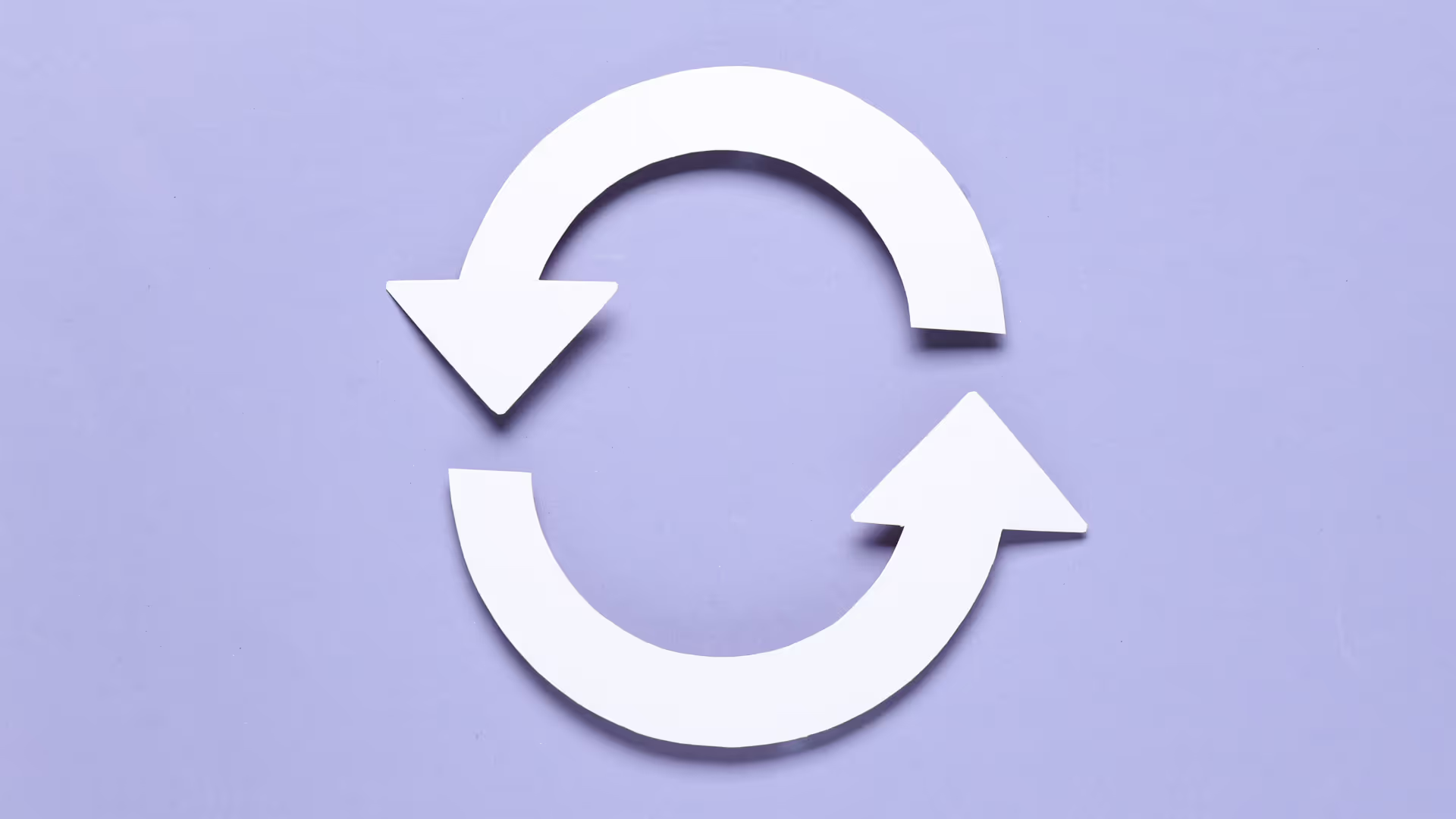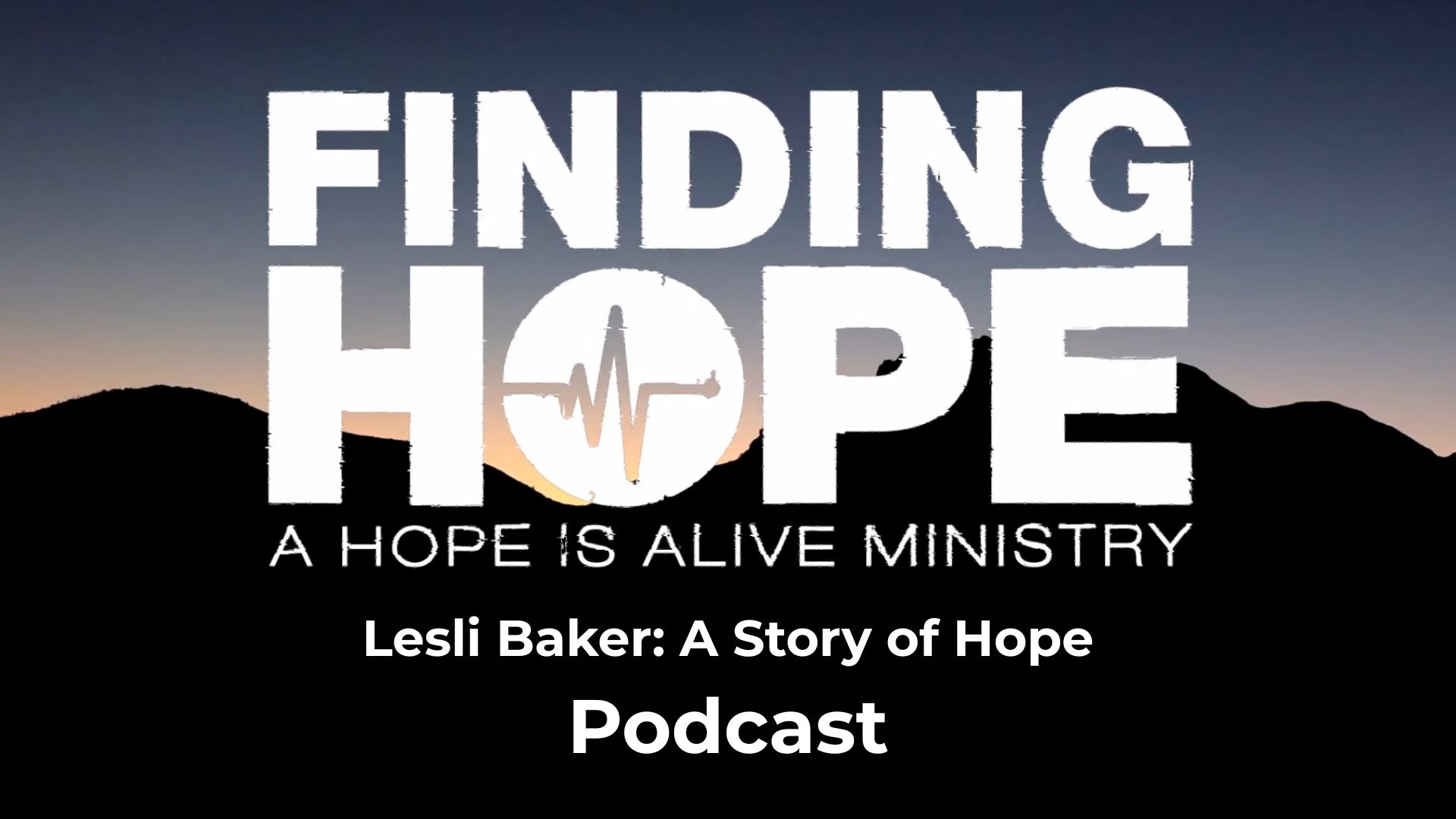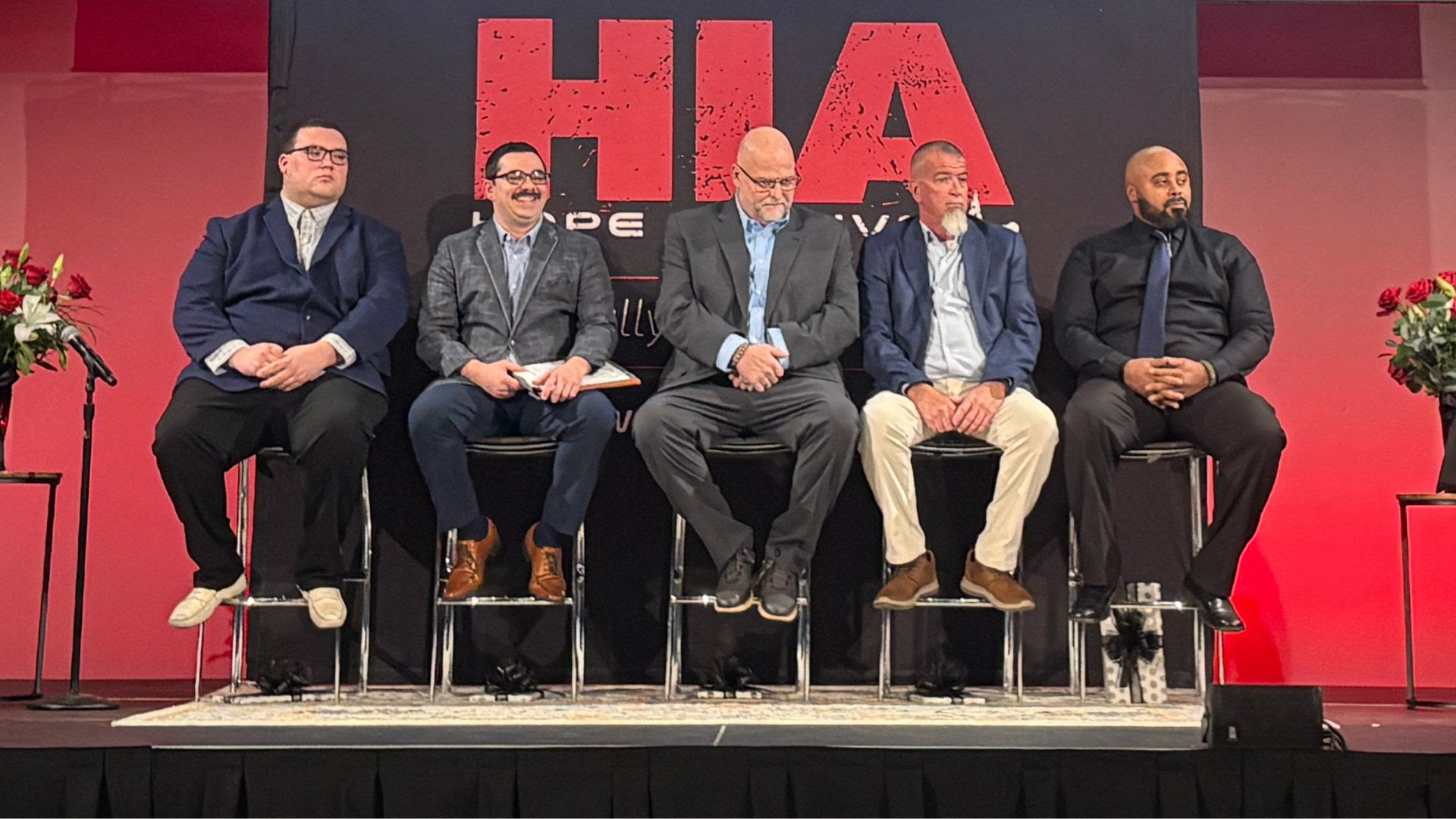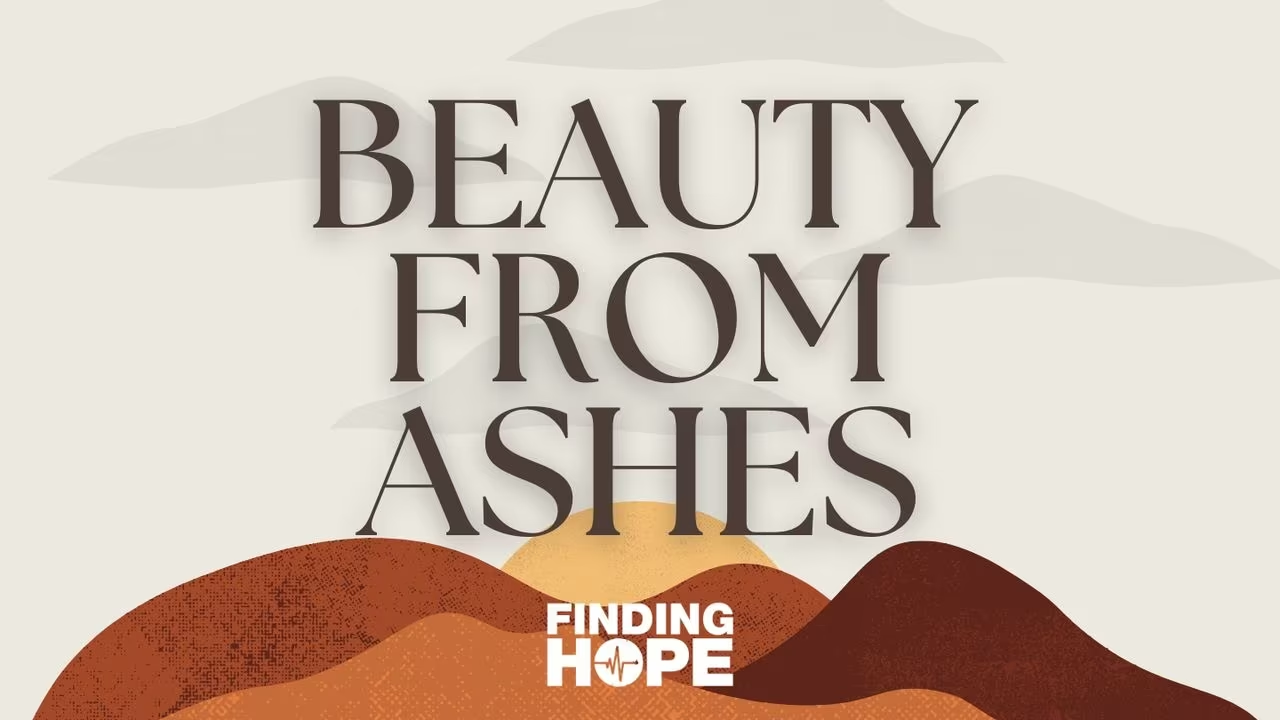
What is Relapse and How Can it be Prevented?

What is Relapse and How Can it be Prevented?
Relapse is the return to substance use after a period of abstinence. In recovery, relapse doesn’t mean failure — it’s often a signal that something in a person’s support system, coping strategies, or emotional state needs attention.
🔁 What is Relapse?
Relapse happens in stages:
1. Emotional relapse – You’re not thinking about using, but emotions and behaviors (like isolation, bottling feelings, or poor self-care) begin to shift.
2. Mental relapse – You start thinking about using, fantasizing about past use, or minimizing consequences.
3. Physical relapse – Actually using the substance again.
🛡️ How Can It Be Prevented?
1. Recognize Triggers
• People, places, smells, songs, or emotions can act as triggers.
• Build awareness of yours and make a plan to avoid or manage them.
2. Stick to a Routine
• Structure helps keep your mind focused and energy positive.
• Regular sleep, meals, meetings, and self-care create stability.
3. Use Your Support System
• Stay connected to your sponsor, accountability partners, and sober community.
• Isolation is one of the first signs of emotional relapse.
4. Practice HALT
• Ask: Am I Hungry, Angry, Lonely, or Tired? These states can cloud judgment and lower resistance.
5. Process Emotions Healthily
• Journaling, prayer, therapy, or talking with a trusted friend helps.
• Don’t let guilt, shame, or fear fester in silence.
6. Have a Relapse Prevention Plan
• Know who you’ll call and what you’ll do if you feel tempted.
• Role-play hard conversations or high-risk situations in advance.
7. Keep Working Your Program
• Stay engaged in step work, meetings, and service.
• Growth and healing come with ongoing effort, not just time.
✨ Final Thought:
Relapse doesn’t erase progress — it reveals where more healing is needed. But, prevention is always possible with awareness, accountability, and grace.




